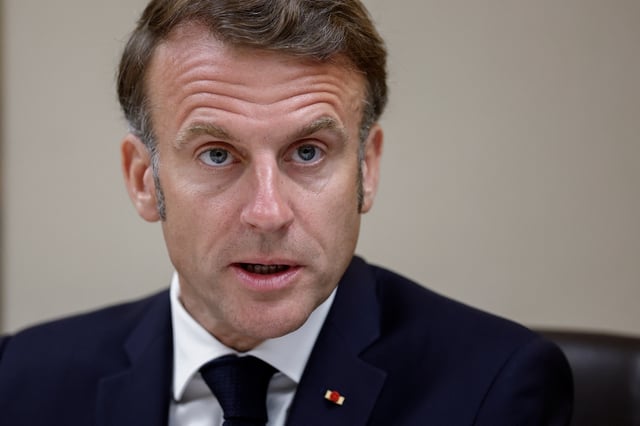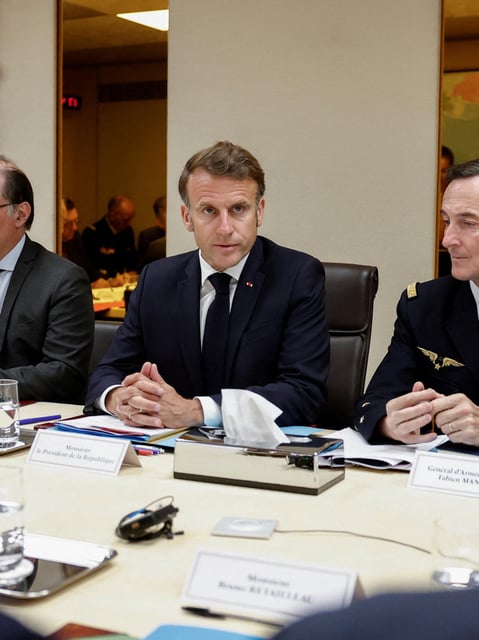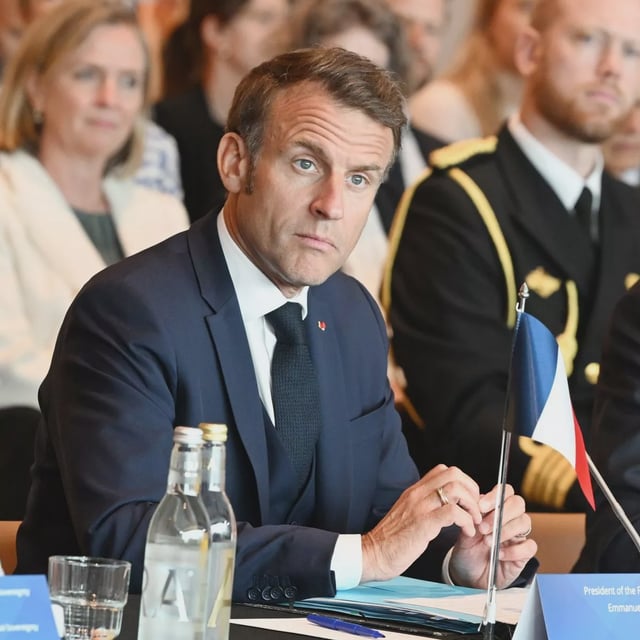Overview
- President Trump announced a ceasefire on June 21 following US air strikes on three deeply buried Iranian nuclear facilities that had joined Israel’s offensive since June 13.
- French President Emmanuel Macron labeled the US and Israeli strikes illegal for lacking a UN mandate and pressed for renewed diplomatic engagement.
- NATO Secretary General Mark Rutte and German Chancellor Friedrich Merz defended the bombings as lawful measures to forestall Tehran’s nuclear ambitions.
- The International Atomic Energy Agency reports Iran still retains about 400 kg of uranium at 60% purity, sufficient for nine to ten bombs if enriched to weapons grade.
- Nuclear experts say Iran may have relocated enriched uranium and centrifuges to hidden sites, heightening concerns over secret weapons development.



